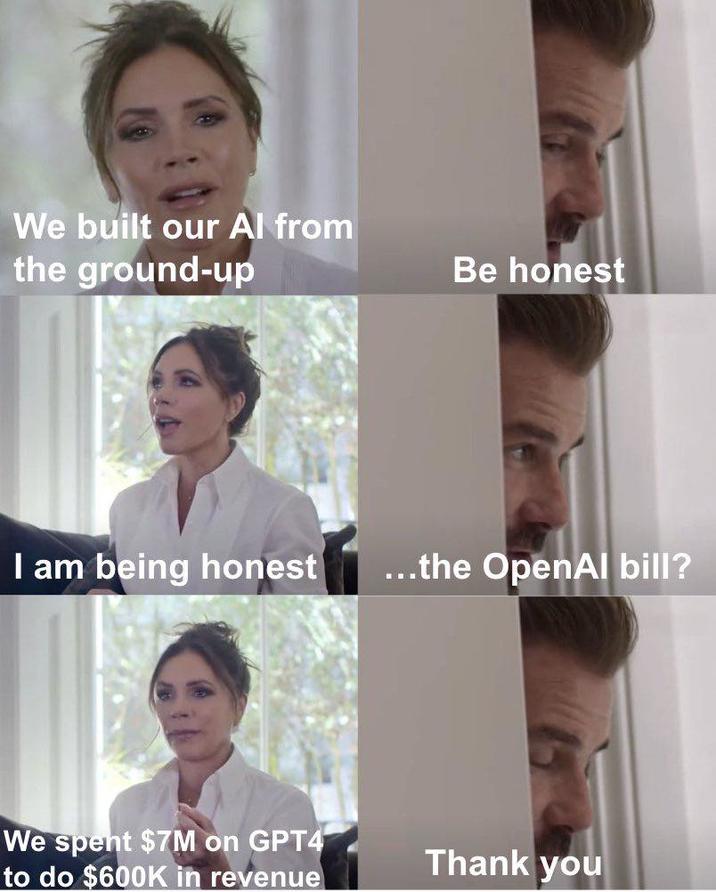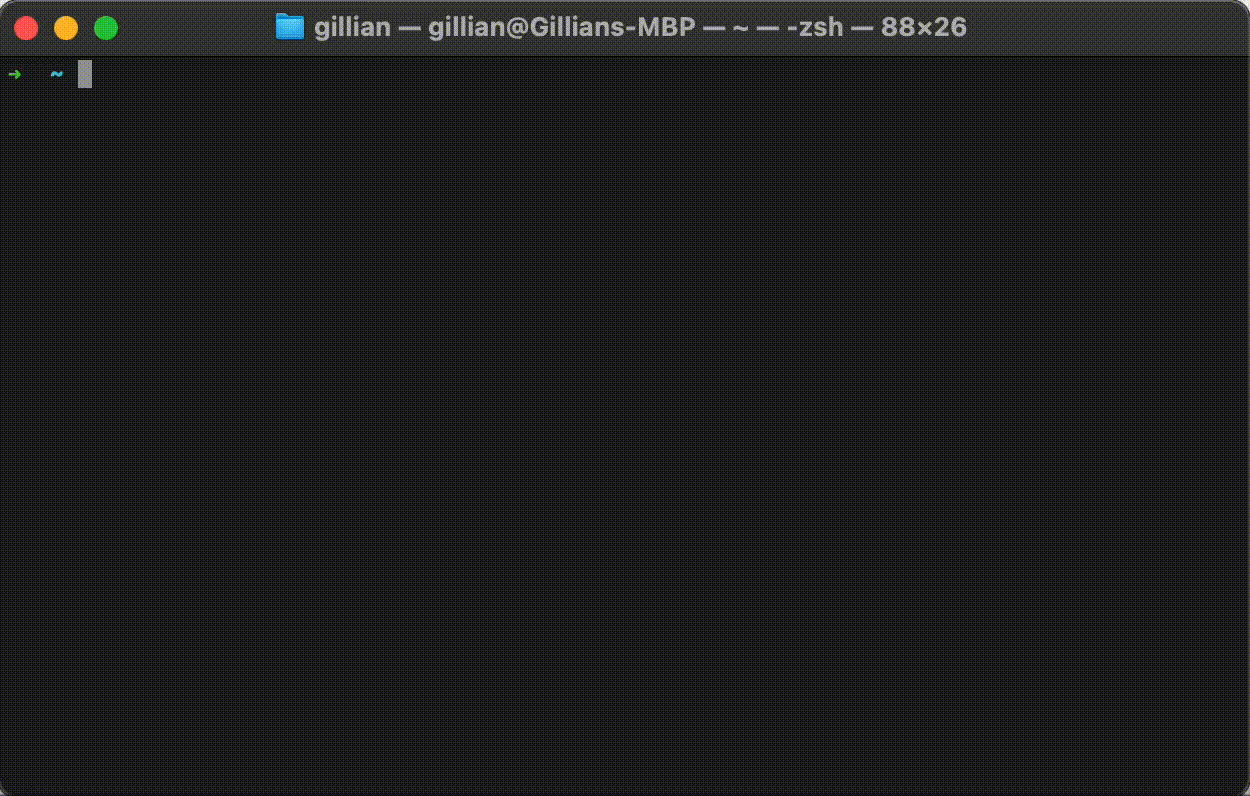Recurse Center: Week 1
Wello, horld!
Earlier this month I decided to leave my job and spend a few weeks at the Recurse Center, working on my programming skills and taking time to think about what I’d like to do next.
Participants aren’t required to write a blog about their time here, but it is a great way to document what you’ve been doing in this busy period, for your future self if nobody else.
I’ll cover more about what the Recurse Center is and why I chose to apply to it in a future post - for now this is just a lowdown on what I’ve been doing in Week 1 of my batch.
🐍 Python
Something I’d like to cover during my time here is Python. I’ve only ever really been a Javascript developer and picking up another language will increase my versatility. Like with human languages, knowing 2+ languages - whatever they are - gives you a better understanding of language as a whole.
When there are so many programming languages in the world, it can feel a bit hard to choose what you should pick or why. I chose Python purely based on its popularity - it was voted the 3rd most commonly used programming language in Stack Overflow’s 2023 Developer Survey.
It crops up a lot not just in things like web development, which is what I’ve done since becoming a programmer in 2019, but also fields like data science and this little known thing which absolutely noone is talking about called machine learning.

So with that goal in mind, here are some of the projects I’ve chosen:
A VERY simple Flask server
A few months ago I put together a very basic Flask server that calls the Octopus Energy APIs, and my first task was to revive that and add a couple of things.
Octopus Energy is my gas/electricity supplier in the UK and they allow customers to provision API keys and download their smart meter data. I had some vague idea that I would download this data and display it in a graph against other measures like the temperature at my location over the same time period, and/or the cost of gas/electricity at the same time, to see how the lines relate to each other. Perhaps this would reveal groundbreaking insights like ‘when it’s cold, I turn the heating on’.

Science will have to wait to see if that hypothesis is true because for now I’ve left this project as just literally printing some unformatted JSON objects on a page. I’ll probably come back to it later to add some kind of visualisation library in, but for now I felt like I’d got what I wanted out of the project - i.e. literally just writing my first Python project (wtf is a ‘venv’?), running a server, loading .env variables, making API calls, displaying output.
For now I’d like to move further outside of my comfort zone of webpage land, which led me to my next projects.
Kaggle
As I mentioned above, one common application of Python is in machine learning. In 2024 it seems a bit remiss to have a career break and not touch on this a little bit.
Realistically I don’t see myself as being perfectly suited to the full mathsy linear algebra side of machine learning, but I thought working with some prebuilt tools could be interesting. That led me to Kaggle - a platform for data science learning and competions.
Kaggle have an entry-level challenge where you build a simple model to predict the likelihood of certain passengers surviving the Titanic disaster, based on some given data such as age, gender, ticket class. First off… I have to say this feels a bit tasteless - using personal tragedies in what is essentially a game. Putting those scruples aside though it is an excellent learning exercise, supported by the Intro to Machine Learning and Intermediate Machine Learning short courses.
ChatGPT CLI
The most significant thing I worked on was a CLI tool written in Python which lets you ask ChatGPT questions directly from your terminal. A motivator for this has been just how useful I’ve found it as a development tool. Being able to find the answer to questions like ‘How do I make an asynchronous non-blocking request?’ or ‘Why do I get this error about my EntryPoint?’ directly inside the IDE, rather than having to switch over to the browser (and potentially succumb to distractions like my favourite - going down a rabbit hole on the Guardian), is massively helpful.

If you’d like to try it out, it’s called Quaero and is downloadable at https://pypi.org/project/quaero/ 😊.
Other
I’ve been trying to practise better developer habits as I’ve gone about this - finding better ways to organise my ideas, document my findings, and move quickly around my environment.
This has included:
- Making extensive use of Notion to plan and record my work
- Finally forcing myself to use Vim (or rather Vim bindings in VSCode)
- shout out to Vim Adventures for actually making this fun
- and this handy keyboard cover for when your memory fails you
- Making myself do things as much as possible from the CLI, in particular basic things like opening/deleting/moving files and directories
Outro
It’s been a hectic week - in terms of coding, being introduced to new ideas, and also just general life admin as I jumped into a lot of change in a very short space of time - but I’m glad I’ve got to this place and am looking forward to what the following weeks bring!